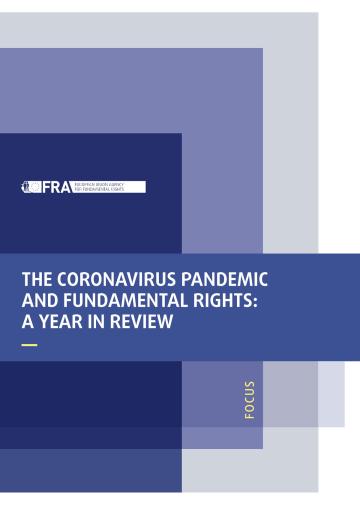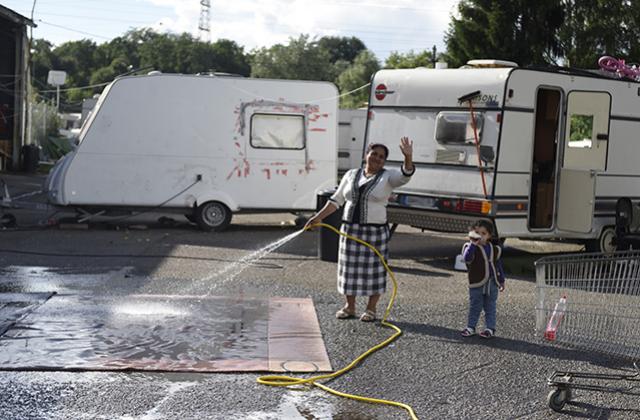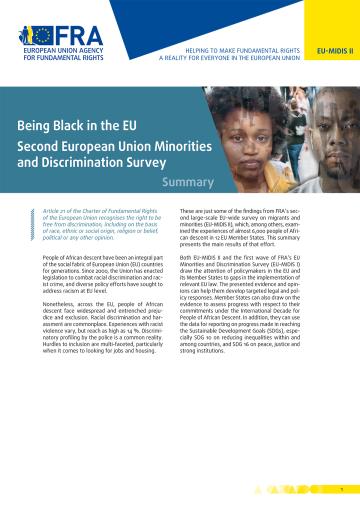Libertatea de alegere a ocupaţiei, consacrată la articolul 15 alineatul (1), este recunoscută în jurisprudenţa Curţii de Justiţie (a se vedea, printre altele, hotărârea din 14 mai 1974, în cauza 4/73, Nold, Rec. 1974, p. 491, punctele 12-14; hotărârea din 13 decembrie 1979, în cauza 44/79, Hauer, Rec. 1979 p. 3727; hotărârea din 8 octombrie 1986, în cauza 234/85, Keller, Rec. 1986, p. 2897, punctul 8).
Acest alineat se inspiră, de asemenea, din articolul 1 alineatul (2) din Carta socială europeană semnată la 18 octombrie 1961 şi ratificată de toate statele membre, şi din punctul 4 din Carta comunitară a drepturilor sociale fundamentale ale lucrătorilor din 9 decembrie 1989. Expresia `condiţii de muncă` trebuie înţeleasă în sensul articolului 156 din Tratatul privind funcţionarea Uniunii Europene.
Alineatul (2) reia cele trei libertăţi garantate la articolele 26 şi 45, 49 şi 56 din Tratatul privind funcţionarea Uniunii Europene, şi anume libera circulaţie a lucrătorilor, libertatea de stabilire şi libertatea de a presta servicii.
Alineatul (3) se întemeiază pe articolul 153 alineatul (1) litera (g) din Tratatul privind funcţionarea Uniunii Europene, precum şi pe articolul 19 punctul 4 din Carta socială europeană, semnată la 18 octombrie 1961 şi ratificată de toate statele membre. Articolul 52 alineatul (2) din cartă este prin urmare aplicabil. Chestiunea recrutării personalului navigabil având cetăţenia unor state terţe în echipajele navelor care arborează pavilionul unui stat membru al Uniunii este reglementată de dreptul Uniunii şi de legislaţiile şi practicile naţionale.










